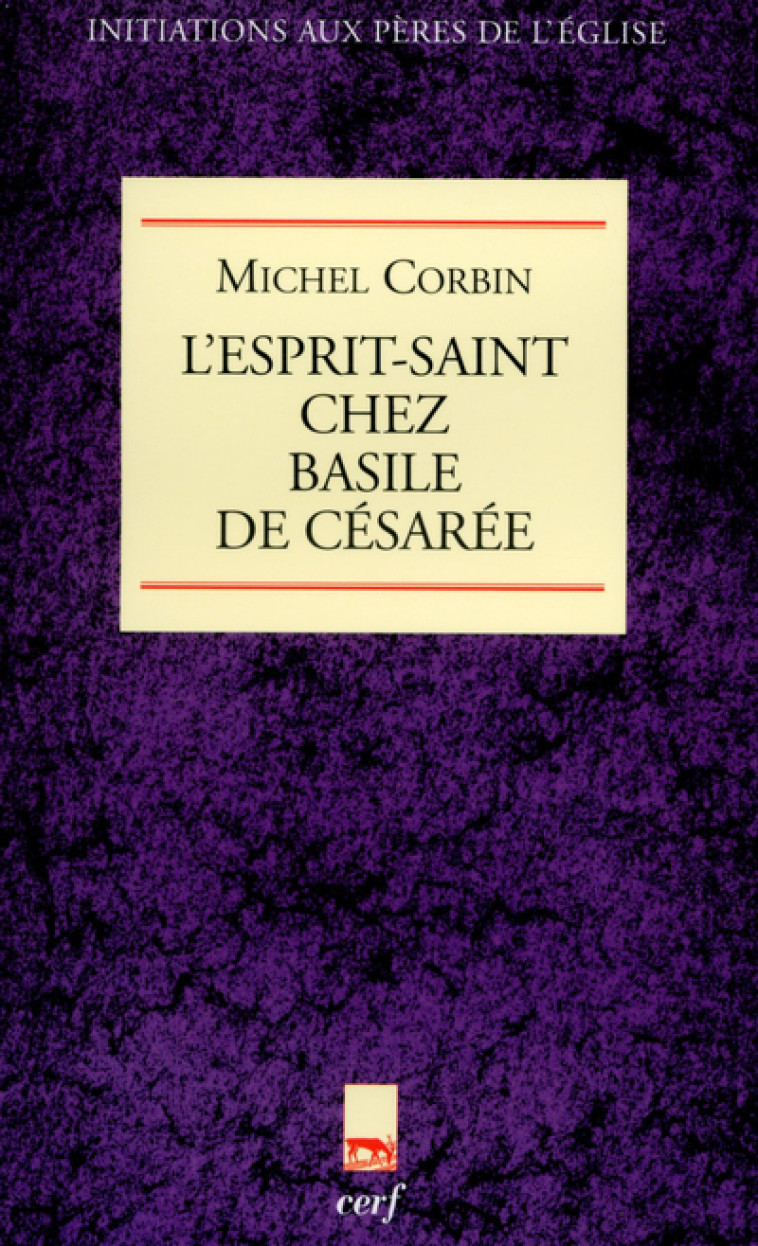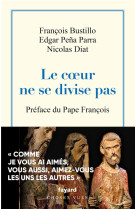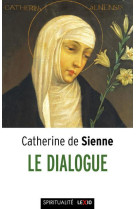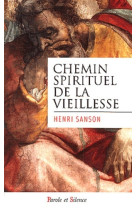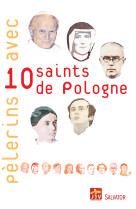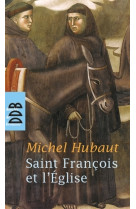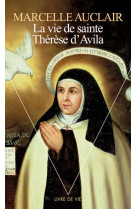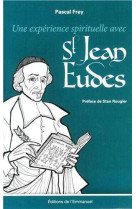--
When we recite the symbol of the First Council of de Constantinople (381) and confess our faith in the Holy Spirit of God, we use words that have come down to us directly from the treatise of Saint Basil ‘On the Holy Spirit' (375). In the face of heresies that portrayed the Spirit as an angel superior to others, this Eastern Father of the Church did not employ the notion of consubstantiality, elaborated for the Son at the Council of Nicaea (325). He made a more original contribution by meditating on the Church's liturgical prayer, which conveys gratitude for the gifts the Father has given ‘through' the ‘Son' and ‘in' the Spirit, and praise for this Father ‘with' whom, throughout all eternity, the Son and the Spirit abide. Just as the prayer recognises the Son as being one with the Father, the abundance of his grace revealing goodness that is more than good, it also praises the fact that the Spirit is even less separable from the Father and the Son because, like the most intimate of hosts, it lights up within us ‘the excess of charity' (Ep 2,4) that urged Father and Son to lead us out of the blackness of night into their intimacy. The treatise is read and commented here, chapter after chapter, in the sole aim of repeating, with its author, that the confession of the Son and the Spirit with the Father places believers in the joyous position of seeing God exceed all their previous expectations, by becoming ‘their' God.

